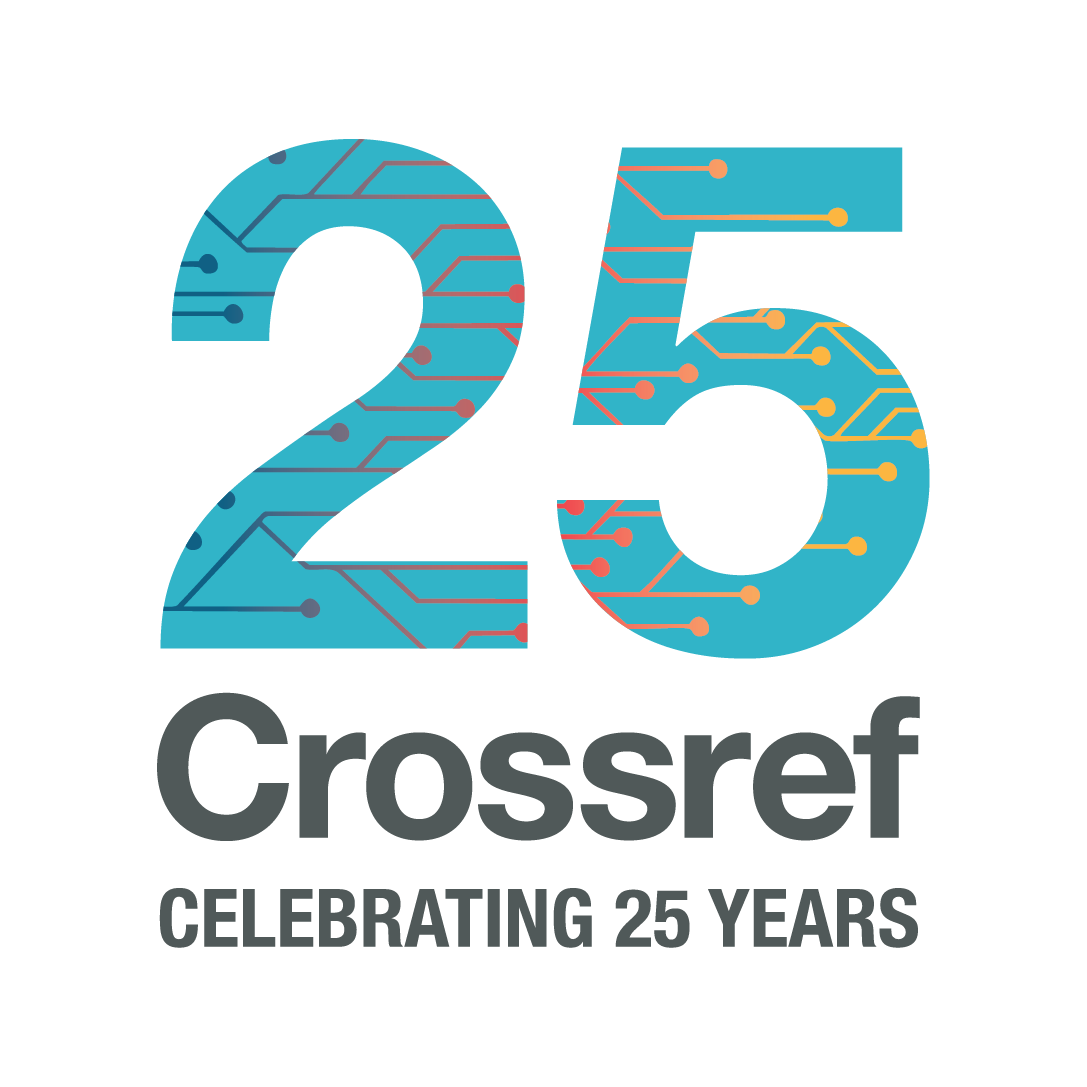2025 October 21
New tool to report on completeness of open research information globally
Wednesday 22nd October 2025—Crossref, the open scholarly infrastructure nonprofit, today releases an enhanced dashboard showing metadata coverage and individual organisations’ contributions to documenting the process and outputs of scientific research in the open. The tool helps research-performing, funding, and publishing organisations identify gaps in open research information, and provides supporting evidence for movements like the Barcelona Declaration for Open Research Information, which encourages more substantial commitment to stewarding and enriching the scholarly record through open metadata.













